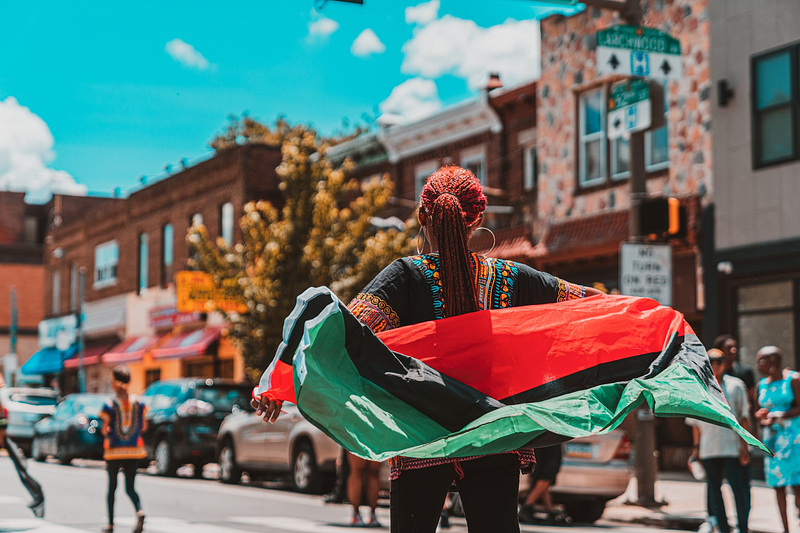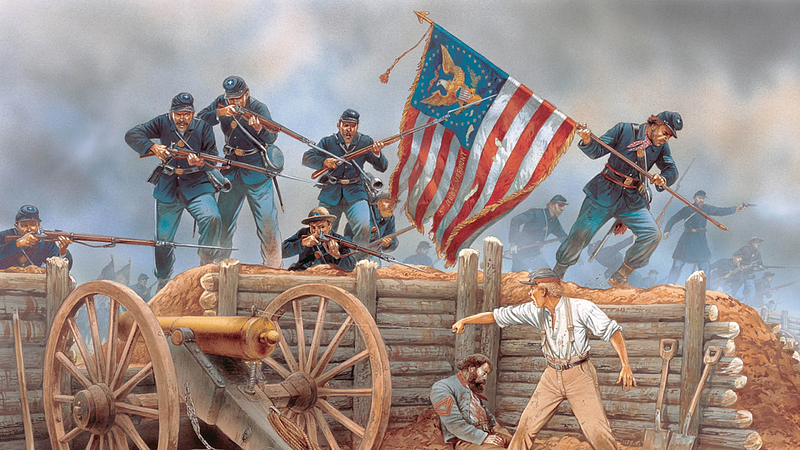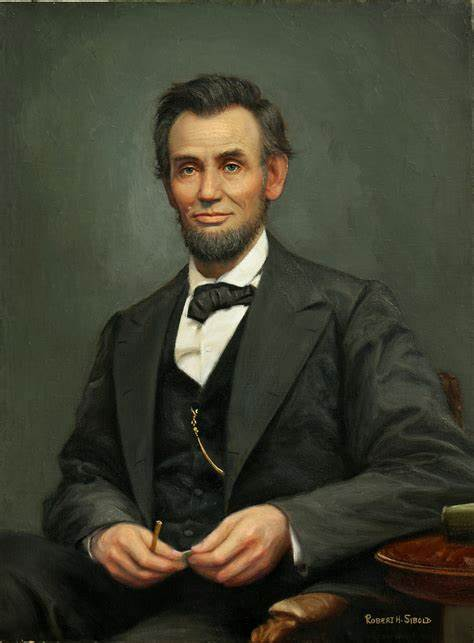Juneteenth: the Day that Marked Freedom
On the 17th of June, President Joe Biden signed the Juneteenth National Independence Day Act into law. It would essentially recognise June…
On the 17th of June, President Joe Biden signed the Juneteenth National Independence Day Act into law. It would essentially recognise June 19th as a national holiday celebrating the emancipation of all slaves after the American Civil War.
When I first learned about Juneteenth, I actually thought it was a holiday relating to Pride month as it also fell on the month of June (my apologies to any American reading this). After the declaration that made Juneteenth an official national holiday, I did some research to better educate myself on why this was such a big deal in the US.

The American Civil War

America’s deadliest war, one that cost the US more than 600,000 lives (this is equivalent to 6 million people in modern day). The war started in 1861 when tensions between the North and the South began to rise. People in the North stood for abolishing slavery as they made the connections that America’s oppression towards the slaves, often kidnapped from Africa was similar to the oppression Americans faced from the British.
In the South however, slavery was rampant. Southern states depended on agriculture as many of their plantations grew cotton and tobacco, and hence the labour provided by slaves was essential. The economy of the Northern states consisted of mainly manufacturing industries, and agriculture was limited to small farms.
As the abolitionist sentiment grew, people in the South started to worry that the Northerners intended on freeing the slaves in the South, effectively taking away their source of labour and crashing their economy. In 1860, Abraham Lincoln won the elections and became the 16th President of the United States. The event was the last straw as within the next 3 months, 7 Southern states seceded from the US. This included South Carolina, Mississippi, Georgia, Texas, Florida, Alabama and Louisiana.
The Confederates came from the South, rebelling against the Union and their abolitionist sentiment. Confederate states consisted of 11 states, the original 7 states that seceded after Lincoln’s victory and 4 new states that seceded after the fall of Fort Sumter (North Carolina, Arkansas, Tennessee and Virginia). 23 states made up the Union and fought for the emancipation of all slaves.
On April 12th, 1861 when Confederate soldiers fired the shots that would begin the American Civil War, one that would last for 4 years.
“We hold these truths to be self-evident, that all men are created equal” — Thomas Jefferson, Founding Father of the United States who was ironically a slave owner

What is Juneteenth?
Juneteenth, short for June Nineteenth, is the longest running African-American holiday that originated from Texas, a holiday that celebrated the emancipation of slaves.

In January 1863, President Lincoln signed the Emancipation Proclamation which would free the slaves located in the Confederate states that rebelled against the Union. The Emancipation Proclamation did not free all slaves as it only applied to the Confederate states rebelling against the Union. People who were enslaved in Confederate states already controlled by the Union or slaves who were in slave-holding border states were not emancipated yet.
Slavery continued in Texas throughout the first 2 years of the civil war as there were no large-scale fighting or significant presence of Union troops. Many slave owners retreated into the Southern state as they viewed it to be a safe haven for them. The slaves in Texas didn’t even know they had been freed.
As spring approached in 1865, the war was nearing the end. In June, General Granger arrived in Galveston and read out General Orders №3: “The people of Texas are informed that, in accordance with a proclamation from the Executive of the United States, all slaves are free.” The 250,000 slaves in Texas were freed (though some not immediately. Some slave owners withheld information until after harvest season). During the December of 1865, slavery was formally abolished and the 13th amendment was adopted.
For the years after 1865, the freedmen established Jubilee Day on June 19th, the day where African-Americans celebrated their freedom and emancipation. Juneteenth celebrations featured barbeque and music, and the tradition of Juneteenth spread to other states.

Closing remarks
Juneteenth marked the day when slaves in Texas were finally free, 901 days after they were supposed to be emancipated. It’s hard to grasp how the bloodiest war America fought was because of human rights, the rights of the people who were forcefully brought over from their homes and enslaved in the United States, a country where freedom and liberation is their motto. Although they were officially freed men, African Americans would go on to face centuries of discrimination and violence, but Juneteenth was a step towards a better world.
“Soldiers, all of a sudden, was everywhere — comin’ in bunches, crossin’ and walkin’ and ridin’. Everyone was a-singin’. We was all walkin’ on golden clouds. Hallejujah! Everybody went wild. We all felt like heroes and nobody had made us that way but ourselves. We was free. Just like that, we was free.” — freed slave, Felix Haywood

